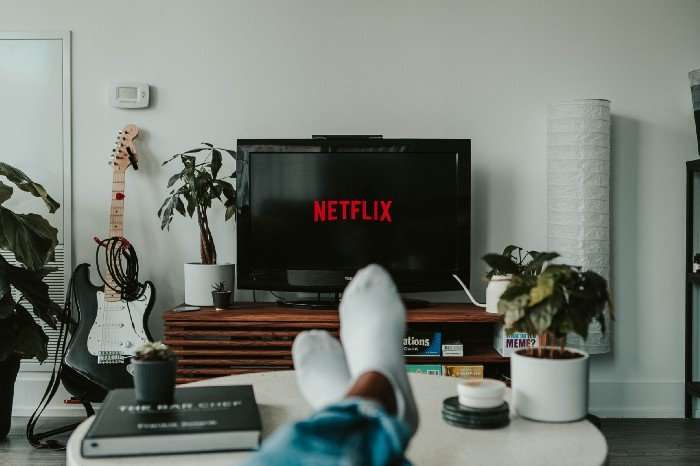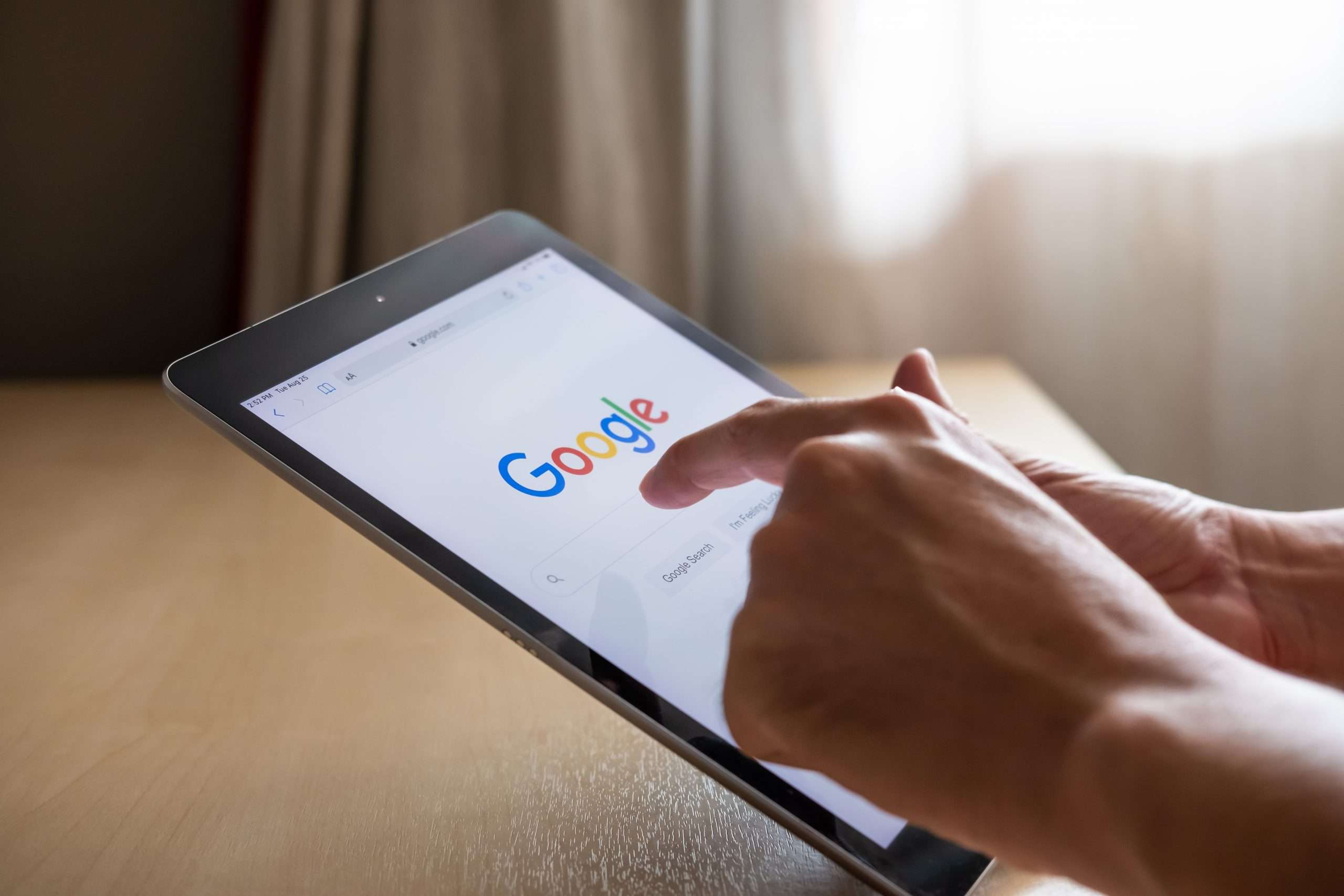There’s rarely a silver bullet in business - success comes from a combination of factors. Operations, marketing, customer service, order fulfilment, brand, and market conditions all contribute to the bottom line.
But there’s one thing that the most-loved experiences all seem to share — simplicity.
What is Simplicity Theory?
The underlying psychology of why simplicity is so appealing is called (aptly enough) the Simplicity Theory. This principle states that people have a bias toward simplicity and are predisposed to choose products and experiences that minimize their cognitive load.
John Collard of Yale University put it this way:
“Not only is it hard work to think, but many people fear the activity itself.
They are docile and obedient and easily follow suggestions put forward by others because it saves them the labor of thinking for themselves.”
In other words, people don’t want to think too hard about your customer experience because thinking is hard work. They’d rather just avoid an experience altogether if it means they can think less.
Putting simplicity into practice, however, can be difficult to achieve. Embedded processes, established ways of working, middle managers looking for ways to justify their roles, organizational structure, and lack of market orientation all make it difficult to create simple experiences.
As Dan Gingiss put it in Forbes,
“Simplicity is a basic tenet of customer experience, but it is often overlooked in favor of a company’s outdated rules or procedures.”
The Business Impact of Simplicity
The Simplicity Index, is a yearly ranking of brands with the least complicated experiences. The consultancy’s research has drawn some compelling conclusions about the impact of distilled experiences:
- Simplicity drives love: 64% of consumers are more likely to recommend a brand because of a simple experience.
- Simplicity drives growth: Since 2009, a stock portfolio made up of the simplest publicly traded brands (as defined by Siegel+Gale) has outperformed the market by 686%.
- Simplicity drives sales: 55% of consumers are willing to pay more for uncomplicated experiences.
How the best brands apply the Simplicity Theory
Although they ranked dozens of brands, Siegel+Gale’s top three were diverse, successful, and unsurprising:

Photo by Mollie Sivaram on Unsplash
1. Netflix
“Whether you’re vegging out at home or aboard a cross-country red-eye, hosting your own personal Bill Murray retrospective or rewatching all 10 seasons of Friends is as easy as reaching a device, opening an app, and pressing Play. The platform takes ease of experience one step further, with algorithms that track your viewing patterns, eliminating the arduous decision-making process of what to watch next."

2. ALDI
“With ‘easy-to-use’ stores and ‘direct and helpful’ information, ALDI understands the real path to its shoppers’ hearts is a stress-free, no-frills shopping experience. People credit the German brand for helping them ‘save time’ as well as its ‘reasonable prices.’ Simple, consistent floorplans plus uncomplicated offers, high-quality products, and excellent customer service, proves that ALDI is determined to give value back to its loyal customers."

3. Google
“While it’s a radically different world since its launch 20 years ago, Google hasn’t strayed from its original mission. The tech industry may have faced scandals over the past year, but the universally ‘accessible’ brand soldiers on, pushing the boundaries of available technologies to organize the world’s information.”
When describing how other brands can learn from the market leaders in simplicity, Philip Davies, the Europe, Middle East, and Africa (EMEA) president at Siegel+Gale, says:
“We live in a complex world where people are increasingly busy and constantly bombarded with information.
They shop and consume information on the go, whether it’s during their morning commute or evening stroll.
This reality means brands that develop a clear offering that is easily understood and that consistently deliver a simple, seamless experience are one step ahead of the competition.”
🚀 Learn what makes buyers tick
Join 8k+ of world's best marketers from brands like Disney, Coca-Cola, Google who are learning marketing psychology in <5 mins a week.
The Best Places for Simplicity Aren't Always Obvious:
Applying Simplicity to your customer experience might seem like common sense, but in reality it takes a bit of nuance. Here are three contexts in which you need to think carefully about how simple you're making different parts of your marketing:
- Your customers’ income matters: “Minimalism” in product packaging and messaging works better for higher-income customers, while lower-income customers are more concerned about quantity over quality. [Source]
- How busy someone is impacts how simple they want their ads to be: When people are busy, they like simple ads more than complex ones. Being busy makes people want to relax, which in turn makes them want to avoid ads that are hard to understand. [Source]
- When a deadline is approaching, people prefer simple ads: People’s preference for simple ads is stronger when they’re reminded of an upcoming end or deadline. For example, a simple ad about the deadline to file a US tax return (April 15th) would be more effective than a complicated one. [Source]
How to Make Something "Simple"
Calling something simple is like calling it beautiful — the specifics can be hard to nail down, and what’s simple to one person might be complicated to another. But in Siegel+Gale’s research, there are three basic tenants that all of these brands share:
- Get the basics right: All of these brands deliver on their basic promise. They don’t confuse customers with hundreds of combinations of offers; they deliver what customers came for quickly and easily. ALDI gives you a low-cost, low-brand grocery experience — even if they offer caviar once in a while, they do it at bargain-basement prices without frills, bought from a cardboard box on a metal shelf and the fastest cashiers in the world.
- Provide tangible value: No customer cares if you offer a simple experience but don’t provide something they need. Each of these simple brands is a master at building products and services that customers are willing to buy, repurchase, and recommend to their friends.
- Keep the experience transparent: The best of these brands offer something unique. Their simplicity is tied with honesty. They don’t confuse with value bundles, rely on random and radical promotions, or hide their pricing. When you subscribe to Netflix, there’s no doubt that you’ll get exactly what you paid for: a streaming service that just works. They may raise their prices, but they’ll never have blackout periods for comedies or charge overages for binging The Office. Netflix is upfront about their cost to value tradeoff.
To apply the Simplicity Theory, ask yourself:
- Where are customers getting frustrated in our experience? This might be indicated by increased dwell time, drop-off, or research that indicates frustration or anger.
- If we look at our competitors' experiences and compare them to ours, who has the simplest experience? Is this reflected in our sales or market share?
- Are there ways to move a process from the "main stage" to "back stage?" In other words, could employees, digital platforms, or even machine learning simplify the experience for customers by taking things off their plate?
Want to learn more about how your buyers tick (using marketing psychology, behavioral science, and predictive AI)?
👉 When you’re ready, Choice Hacking can help:
- Coaching: Looking for clarity, focus, and confidence in your marketing and/or career? Behavioral Science-powered 1-on-1 Coaching could be a good match for you.
- Courses & Skill Sessions: Improve your customer experience, customer journey maps, presentations, landing page conversion rate, and more with the power of applied behavioral science in a self-directed course.
- Training: We can help your team level up their work with psychology, behavioral science, and AI training.
- Consulting: Get professional insight to grow your business with projects like:
